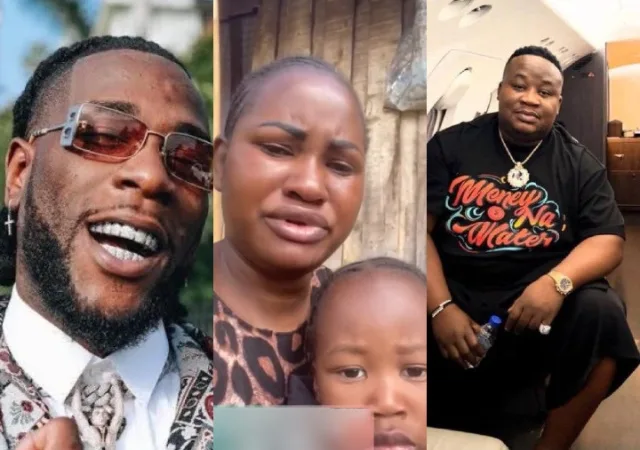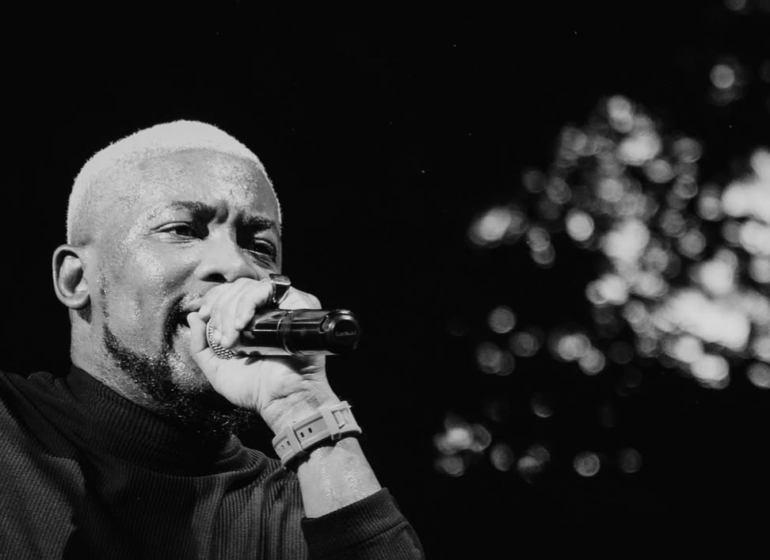Sean “Diddy” Combs, the iconic rapper and music producer, faces a legal storm after a federal judge denied him bail for the third time on Wednesday. Charged with sex trafficking and racketeering, Diddy’s ongoing battle to secure his release from custody has hit another wall.
Why the Bail Denial Matters
Federal Judge Arun Subramanian ruled that Diddy, whose real name is Sean Combs, poses a risk to public safety, making his release untenable. “No condition or combination of conditions will reasonably assure the safety of the community,” the judge stated in his order.
Combs had sought bail to prepare for his defense ahead of his May 5, 2025, trial, but the judge found no compelling reason to grant this request. Prosecutors emphasized that Diddy allegedly contacted witnesses and used unauthorized devices while in custody, further justifying the denial.
The Allegations Against Diddy
The charges are severe: prosecutors accuse Diddy of orchestrating a sex trafficking ring, coercing women into drug-fueled sex parties through threats and violence. He has pleaded not guilty to all charges but faces a mountain of evidence, with prosecutors hinting at more charges to come.
Diddy’s legal troubles have drawn public scrutiny, fueled by accusations from singer Cassie (real name Casandra Ventura). Cassie alleged that Diddy subjected her to years of abuse, including physical coercion, drug-related manipulation, and sexual assault.
Courtroom Drama and Family Reactions
At a recent court appearance, tensions were high. Outside the Manhattan courthouse, bystanders directed angry remarks at Diddy’s mother, Janice Combs, calling her son a “predator.” Family members were visibly shaken as they exited the hearing.
Diddy’s legal team pointed to a similar case involving former Abercrombie & Fitch CEO Mike Jeffries, who received bail in his own federal sex trafficking case. However, prosecutors dismissed the comparison, noting key differences.
“The nature and circumstances of the offenses are substantially different,” prosecutors argued. Unlike Diddy, Jeffries wasn’t accused of violent acts or using firearms. Additionally, Diddy’s charges include racketeering, making his case more complex and serious.
What’s Next for Diddy?
With the trial set for May 2025, Diddy’s legal team faces an uphill battle. The prosecution has hinted at more evidence and potential new charges, meaning the case could grow even more challenging for the music mogul.
For now, Diddy remains in custody, with his reputation and freedom hanging in the balance. The case has captivated public attention, not only because of Diddy’s celebrity status but also due to the gravity of the allegations.
As the trial approaches, more revelations are expected, keeping both fans and critics on edge. The outcome could have lasting implications for Diddy’s career and the broader conversation around accountability in the entertainment industry.



